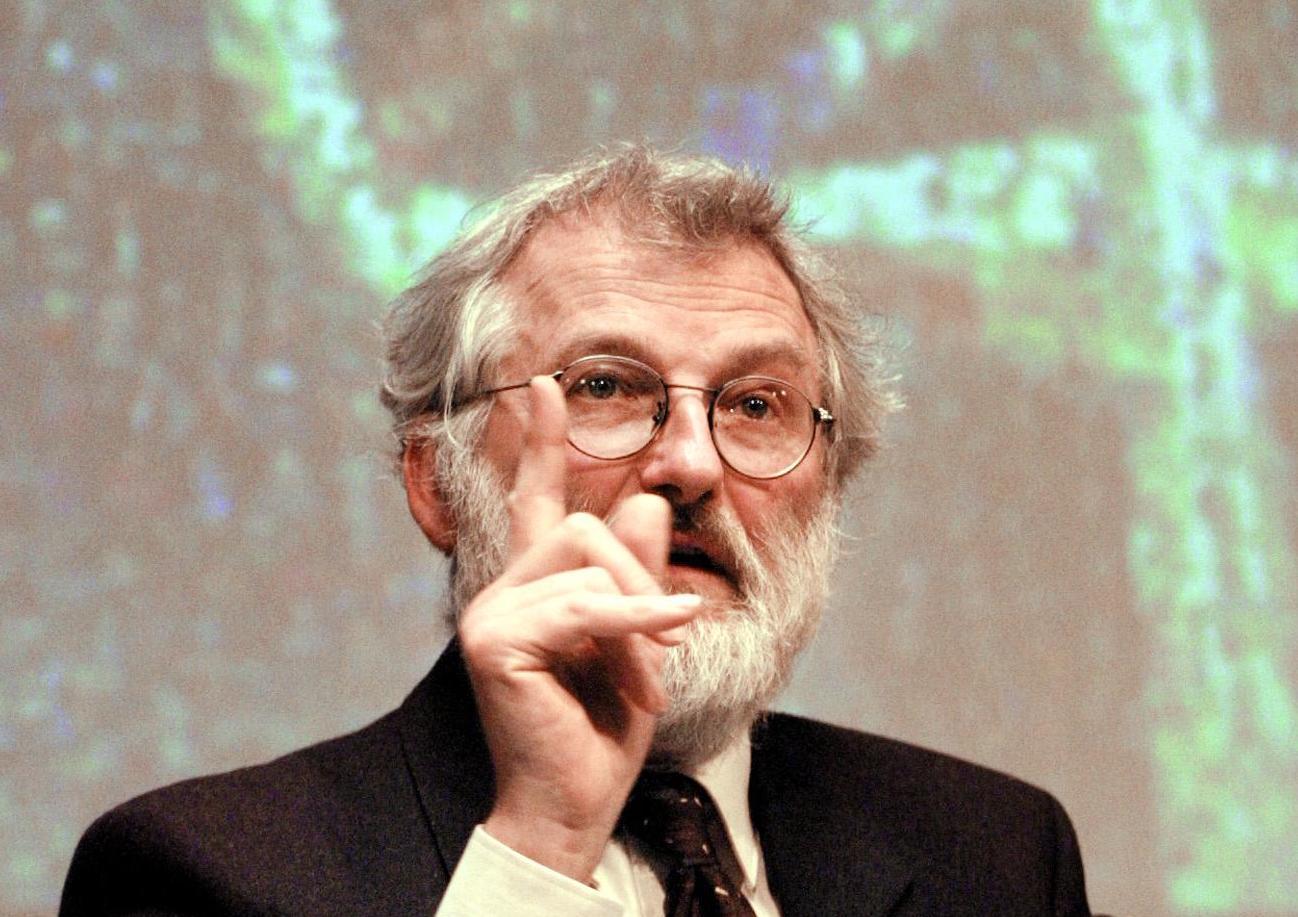John Sulston death: Tributes paid to 'unsung hero who made modern genetics possible'
Colleagues and experts hail a man who was pioneering in his discoveries – and generous in the ways he allowed people to share them

Sir John Sulston, a pioneering geneticist who helped found his discipline, has died aged 75.
Colleagues and admirers praised a man whose pioneering and innovative work wasn't always recognised for what it was. Sir John wasn't only remarkable for the work he did, they said, but also the sometimes unacknowledged work he did in making sure that both his and others' discoveries were shared and made available.
“Sad news that the humble unsung hero of the Human Genome Project who made modern genetics possible has died," said Tim Spector, professor of genetic epidemiology at Kings College London.
Sir John headed Britain's contribution to the first working draft of the human genome, the publication of which marked a milestone in science.
He was awarded the Nobel Prize for medicine or physiology in 2002, along with two of his former colleagues, for work aiding the understanding of how genes control cell division and cell death in organisms.
Sir John founded the Sanger Institute - then called the Sanger Centre - at Hinxton, near Cambridge, and was director between 1992 to 2000.
It has gone on to become one of the leading centres for genome research in the world.
Professor Sir Mike Stratton, director of the Wellcome Sanger Institute, said: "He had a burning and unrelenting commitment to making genome data open to all without restriction and his leadership in this regard is in large part responsible for the free access now enjoyed.
"We all feel the loss today of a great scientific visionary and leader who made historic, landmark contributions to knowledge of the living world, and established a mission and agenda that defines 21st century science."
Sir John led the 500-strong Sanger Centre team which, as part of the international Human Genome Project, sequenced a third of the human genome - the complex pattern of chemicals that makes up our DNA.
Part of the genome consists of genes which contain all the coded instructions for creating a human being.
Jeremy Farrar, director of biomedical research charity Wellcome, said: "John was a brilliant scientist and a wonderful, kind and principled man.
"His leadership was critical to the establishment of the Wellcome Sanger Institute and the Human Genome Project, one of the most important scientific endeavours of the past century."
Sir John was born on March 17 1942 and showed an interest in the workings of organisms from an early age.
He completed his undergraduate degree in organic chemistry at Pembroke College at the University of Cambridge in 1963, and went on to join the department of Chemistry to carry out a PhD.
At the time of his death, he was professor and chairman of the Institute of Science, Ethics and Innovation at the University of Manchester.
Additional reporting by agencies
Join our commenting forum
Join thought-provoking conversations, follow other Independent readers and see their replies
Comments
Bookmark popover
Removed from bookmarks